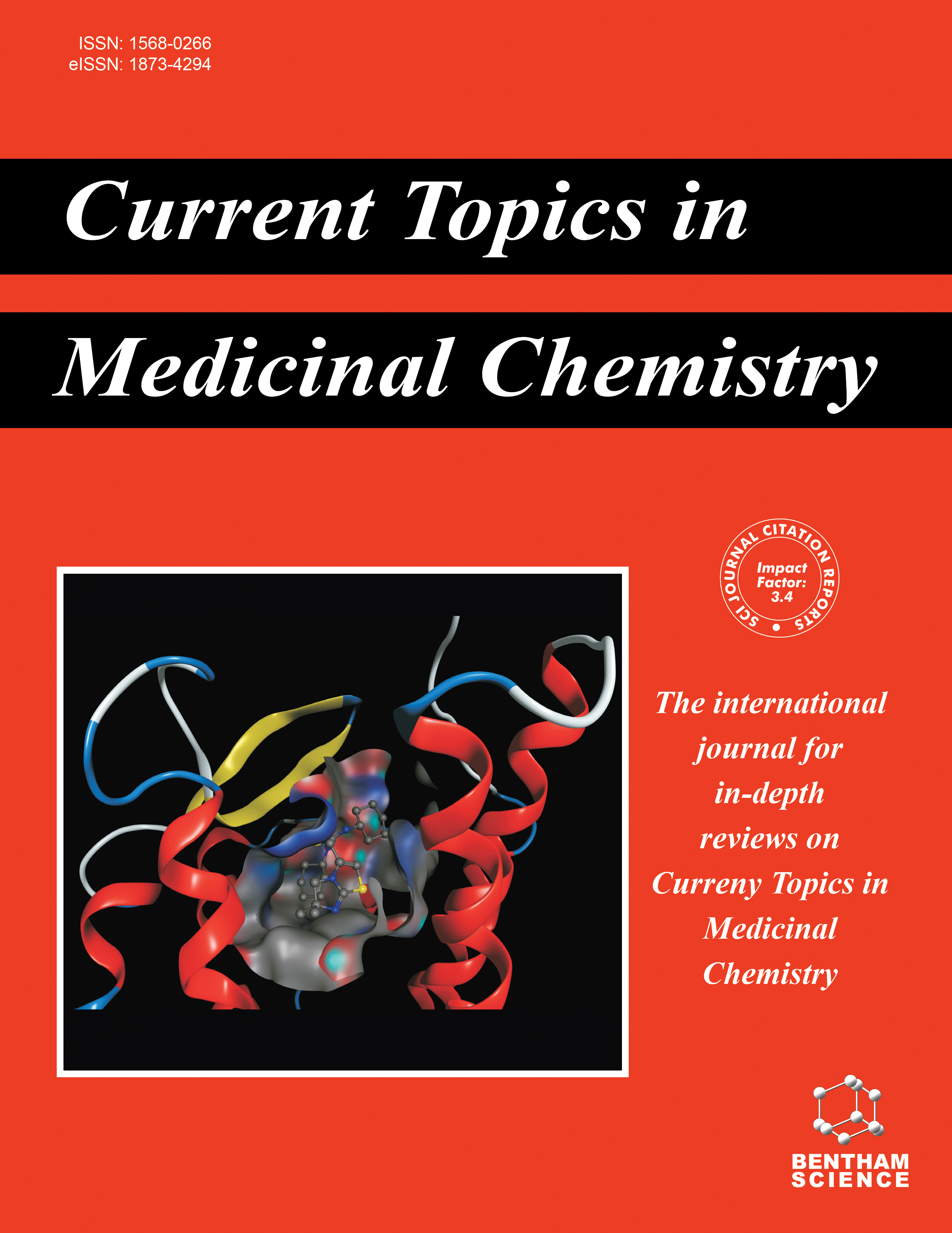
Full text loading...

This study explores the unbinding dynamics of alpha-ketoglutarate (AKG) from wild-type and mutant IDH1/IDH2 enzymes through steered molecular dynamics (SMD) simulations, examining how mutations influence binding, stability and enzymatic behaviour.
Isocitrate dehydrogenase (IDH) enzymes are essential for cellular metabolism, catalyzing the conversion of isocitrate to AKG in the tricarboxylic acid cycle. Mutations in IDH1 and IDH2 lead to the aberrant accumulation of the oncometabolite 2-hydroxyglutarate (2-HG), disrupting normal metabolic processes and contributing to tumorigenesis.
SMD simulations were employed to investigate AKG unbinding from both wild-type and mutant IDH1/IDH2. External forces were applied to quantify rupture forces and assess differences in stability among enzyme variants.
Wild-type IDH1 exhibited strong and stable AKG interactions, reflected by higher rupture forces and a greater number of hydrogen bonds, consistent with its normal catalytic function. In contrast, the R132H mutation in IDH1 weakened AKG binding, facilitating dissociation and potentially promoting 2-HG formation. Among IDH2 variants, the R140Q mutant demonstrated lower binding stability compared to R172K, while the wild-type enzyme maintained stronger interactions.
Mutations in IDH1 and IDH2 disrupt AKG binding and alter the stability, which may contribute to the pathological accumulation of 2-HG. These findings provide molecular insights into the oncogenic effects of IDH mutations and may aid in the development of targeted therapeutic strategies to inhibit mutant enzyme activity in cancer.

Article metrics loading...

Full text loading...
References


Data & Media loading...